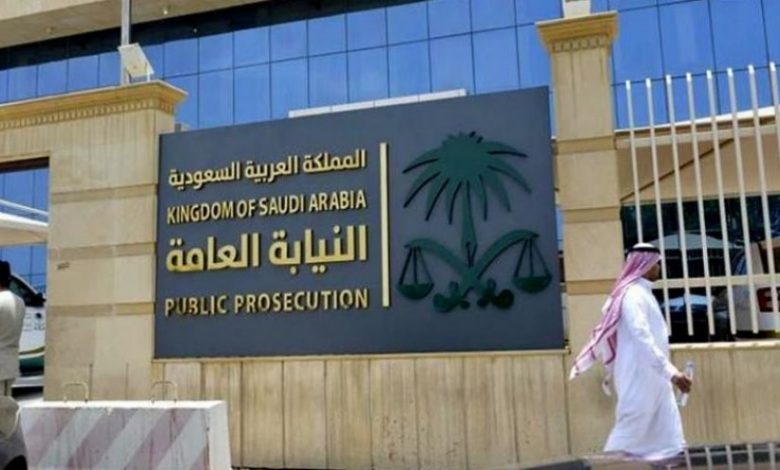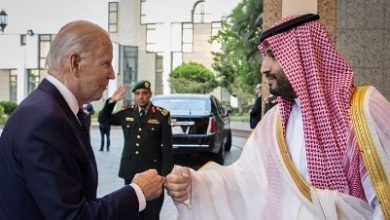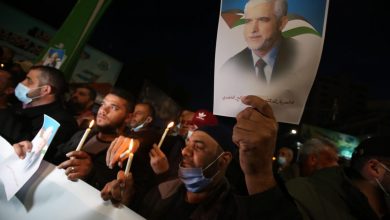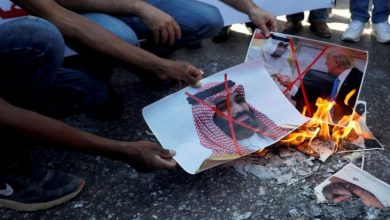The judicial system in Saudi Arabia threatens the lives of prisoners of conscience

A human rights organization highlighted the flaws in the judicial system in Saudi Arabia that threaten the lives of prisoners of conscience, especially minors, expose them to torture and ill-treatment, and deprive them of their rights.
The European Saudi Organization for Human Rights reviewed the minor Muhammad Essam Al-Faraj case. Their trial and 7 others were postponed a few days ago, in the context of deliberation in this case, which was brought before the court at the end of 2019.
Al-Faraj was born on February 25, 2002, and was arrested along with 7 others during a trip to Medina on June 29, 2017, when he was fifteen.
Upon his arrest, Al-Faraj was beaten by Saudi security forces and kept in handcuffs for hours, with his hands above his head.
Despite being a minor, he was placed in the General Investigation Prison in Dammam instead of the observation house designated for juvenile prison, violating the rules.
Al-Faraj remained in solitary confinement incommunicado for two months, during which time he was prevented from communicating with his family.
The torture Al-Faraj was subjected to was to force him to sign confessions. He was severely tortured, kicked, beaten and forced to stand for long hours, which led to his transfer to the hospital and caused him chronic diseases. He currently suffers from high blood pressure.
The trial of Al-Faraj and those with him, including 4 other minors: Ahmed Al-Faraj, Ali Muhammad Al Butti, Muhammad Hussein Al Nimr, and Ali Hassan Al-Faraj, began at the end of 2019, i.e. two years after their arrest. The trial sessions were interrupted for more than seven months.
Muhammad Al-Faraj has been charged with several charges, which are not among the most serious in international law, including:
- Seeking to destabilize the social fabric and national cohesion by participating in protests and attending funerals (including the funeral of Issam Abu Abdullah on January 12, when he was 9 years old).
- Chanting anti-state slogans.
- Storing and transmitting information to help disrupt public security via WhatsApp.
- Covering up a wanted person and communicating with him destabilizes security, creating chaos and disturbing security.
- Participating in the formation of a terrorist cell.
He was deprived of his right to a lawyer from the moment of his arrest.
Despite the grave violations committed in the case, the Public Prosecution demanded that he be executed.
In March 2020, a royal order was issued in Saudi Arabia stipulating the implementation of the Juvenile Law, which prohibits the implementation of death sentences against minors in ta’zir cases.
Subsequently, the Public Prosecution changed the request for the death penalty against Al-Faraj and those with him to a request to “sentence the accused with a severe disciplinary punishment that deters them and others,” in addition to its demand for other provisions.
In the absence of a written penal code and the adoption of punitive penalties on the judge’s opinion, the danger to the safety of Faraj and others remained.
During the intermittent court sessions, the organization monitored several violations against Al-Faraj, including his failure to attend several sessions for unknown reasons. They were deprived of the right to adequate medical care, and they failed to respond to his request to pursue his studies.
On March 17, 2021, the United Nations Working Group on Arbitrary Detention published an opinion in which it considered that Saudi Arabia practices violations and arbitrary arrests that may amount to crimes against humanity and that threatening Al-Faraj’s life with death is unforgivable and also demanded his immediate release and investigation of the violations to her.
The European Saudi Organization for Human Rights confirmed that the case of the minor Muhammad Essam Al-Faraj and the rest of the minors is blatant evidence of the impurities of Saudi Arabia’s judicial system that threatens minors’ lives.
This exposes them to torture and ill-treatment and deprives them of their rights on the grounds of charges not recognized in international law.
The organization also stressed that the unjustified delay in the sessions is a disregard for the right of individuals to know their fate and is classified as a disregard for the freedom and safety of minors and a violation of Saudi human rights obligations, especially the Convention on the Rights of the Child.





